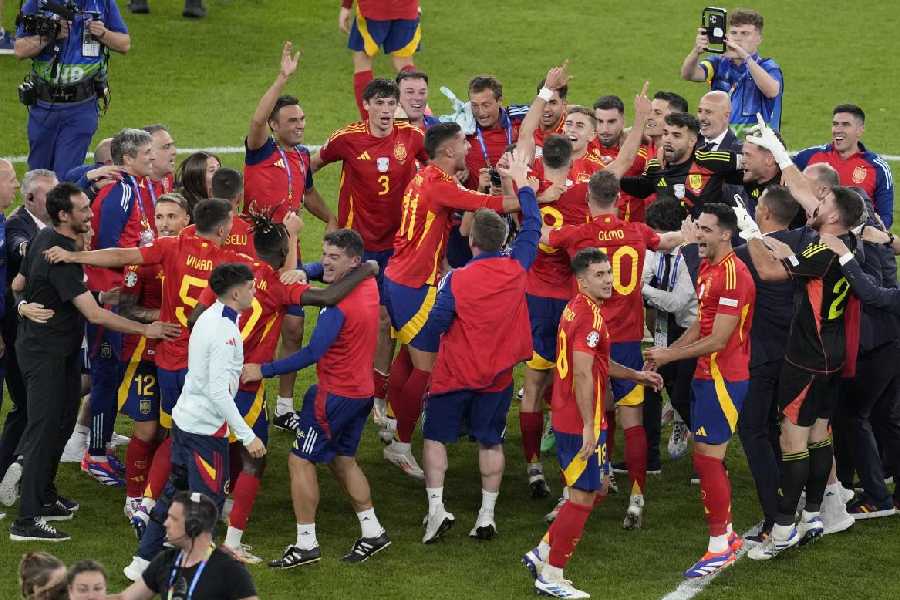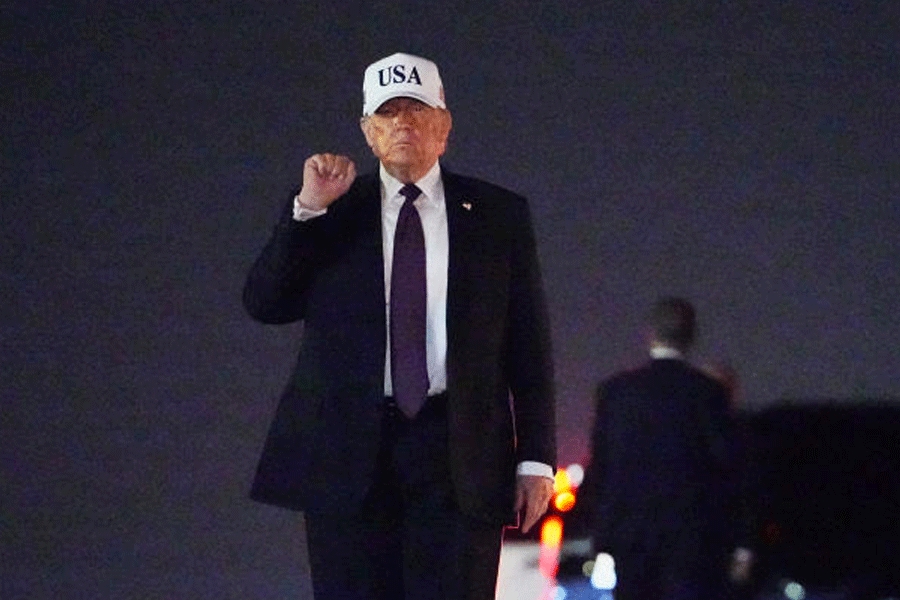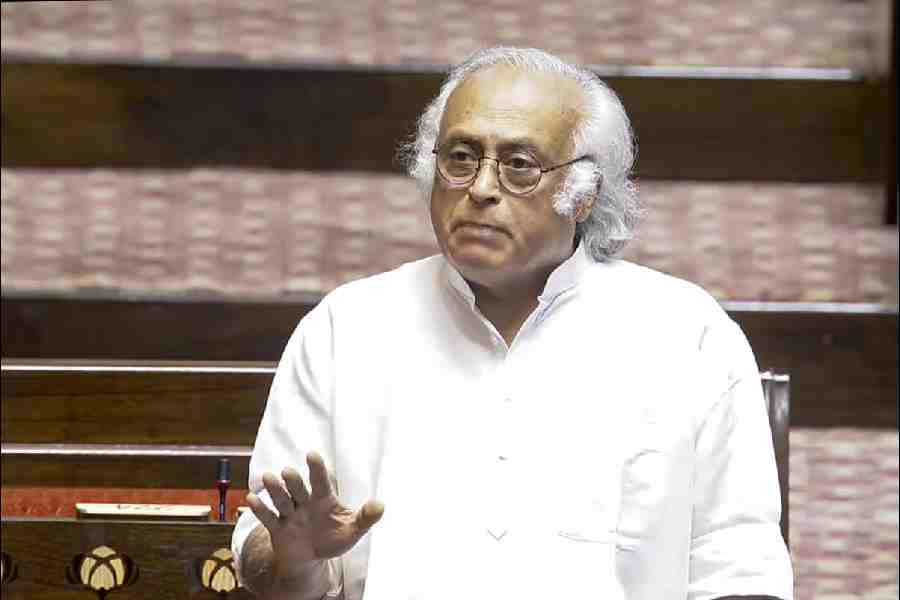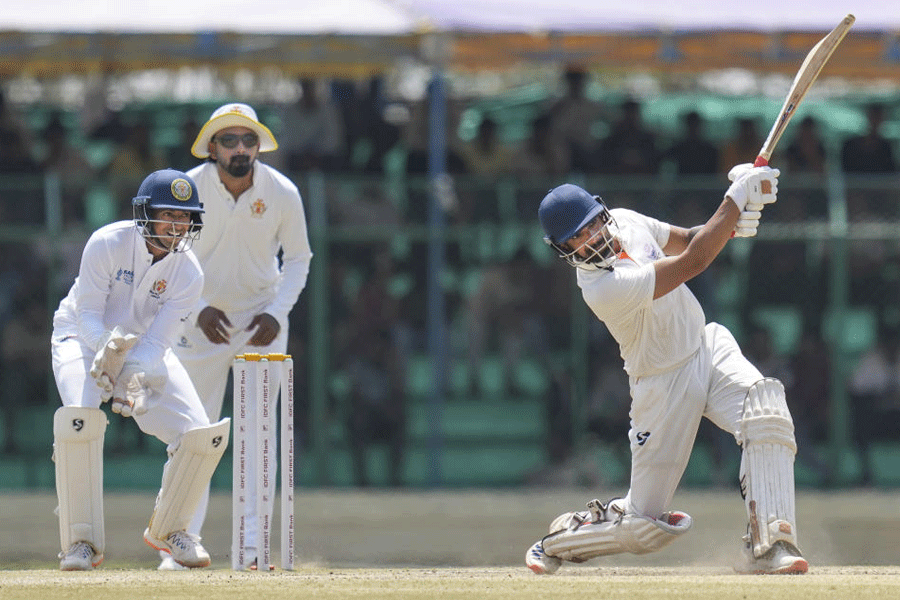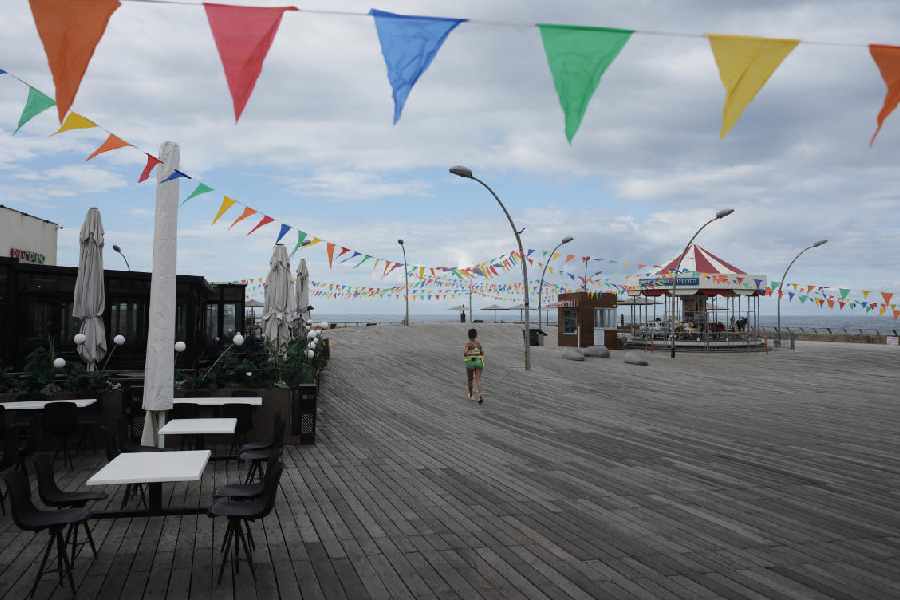The best thing about Spain’s Euro 2024 triumph is not simply that it is their record fourth crown, it is more about the fact that the team has finally managed to break free from the Real Madrid-Barcelona stranglehold.
If five — three from Barcelona and two from Madrid — from the two over-dominating clubs of Spain were in the first XI when Luis Aragones’ men won Spain’s first major trophy — Euro 2008 — after ages, then in 2012, five players from Barcelona’s all-conquering team were on Vicente del Bosque’s start list in the final against Germany. Four were from Madrid. David Silva (Manchester City) and Jordi Alba (Valencia) were the odd men out.
But now the scenario has changed. On Sunday against England just two — Dani Carvajal from Madrid and Barca’s Lamine Yamal — were preferred by coach Luis de la Fuente. This was something unthinkable even when Luis Enrique was at the helm during the Qatar World Cup.
Someone who had managed the under-19 and under-21 teams of Spain, De la Fuente knew that to succeed against top teams, Spain needed to be more egalitarian in footballing terms. So you had team leaders like Alvaro Morata, Rodri and Aymeric Laporte, or the crucial No. 8 — Fabian Ruiz. Morata wore the captain’s armband, which was also going against the unwritten tradition of a skipper either from Madrid or Barcelona. Iker Casillas was the leader during Spain’s heydays when they won the World Cup and the two Euros, and after that it was Ramos and Sergio Busquets.
De la Fuente’s success with this team also drives home a point that if you have a very competitive league, your national team will also bear its fruit. For many, the English Premier League is more competitive than La Liga, but here we tend to misjudge excitement with competitiveness. Cynics say La Liga is a two-team league with the odd Atletico Madrid coming into the picture in a season or two. That’s a misconception. A
Madrid or Barcelona player will tell you how difficult it is to shut out an Athletic
Bilbao or a Real Sociedad in their own dens.
It’s the depth of the league that gave De la Fuente a bunch of warriors who were ready to give their all. The Spanish clubs’ consistent success in European tournaments also drives home the point that La Liga is in a different league. Since 2000, the Spanish teams have dominated Europe and it’s not just about Real Madrid’s six Champions League titles in 10 years. Teams like Sevilla and Atletico Madrid tasted continuous success in the Uefa Cup, which was later rechristened as Europa League.
Classwise, this team may not be on par with the Spain of 2008-12 — Xavi, Iniesta Puyol, Pique, Villa, Torres were the perfect tools for the much-vaunted Catalan tiki-taka — still the current group has shown that they have the guts and talent to beat Croatia, Italy, Germany, France and England (in that order).
They were not flustered when Carvajal saw a second yellow in a bid to stop a fast Jamal Musiala. So against France, a 37-year-old Jesus Navas, the lone connection to the Euro triumph of 12 years back, stepped up to deal with Kylian Mbappe. On Sunday after midfield general Rodri hobbled off at half-time, Martin Zubimendi was ready to take his place and came out with flying colours.
Or a Mikel Merino. As the match against Germany was veering towards a tie-breaker, substitute Merino leapt high to head in the winner... That never-say-die attitude. Take the case of Marc Cucurella. He would have warmed the bench if Barcelona youngster Alejandro Balde was fit. Drafted in as late as March into the squad by De la Fuente, the Chelsea player was a revelation on the left flank in this Euro.
For a long time, Spain had the problem of converting chances. Even during those four trophy-laden years, goals were hard to come by. In this Euro, we saw Spain scoring 15 goals with Dani Olmo getting three.
This Spanish triumph is also about how the Basque region supplied most of the players to help De la Fuente build a champion team. After being overshadowed by the duopoly of Madrid and Barcelona for a long time, players from Athletic Bilbao and Real Sociedad came to the fore and how! So when Nico Williams (an Athletic Bilbao product) and Mikel Oyarzabal (Sociedad) celebrated the second goal, it was the Basque region that basked in glory.
Bilbao’s San Mames was the only stadium where Barcelona star Andres Iniesta was not applauded when the name of the scorer of the 2010 World Cup-winning goal was announced on the loudspeaker before a La Liga match.
Surely, the Euro 2024 success will go into Spanish history as one of their most unifying triumphs in sport. It may be something similar to South Africa’s Rugby World Cup
win in 1995.

